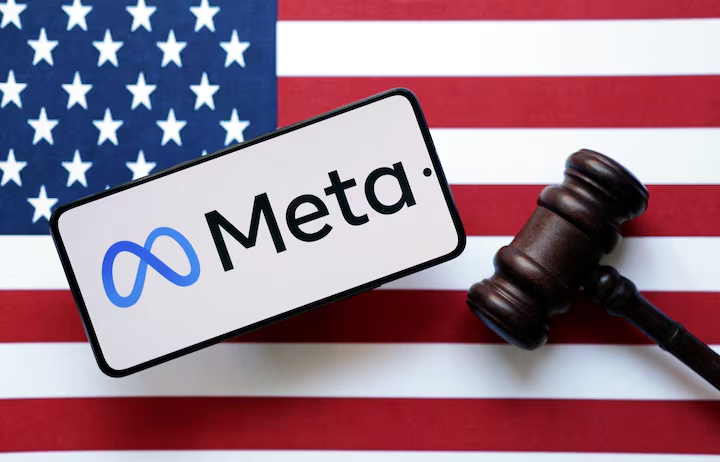Meta, the parent company of Facebook and Instagram, has been dragged to court by over 30 U.S. states for designing addictive algorithms on its Facebook and Instagram platforms, which lead to anxiety, depression and body-image issues among adolescents.
A federal judge in California who presided over the case on Tuesday refused to allow Meta to toss the allegations levelled against them by the states in two separate lawsuits filed last year.
Over 30 states in the United States of America filed the case against Meta, including New York, Florida, and California, to name but a few. Meta argued that a federal law known as Section 230 regulating online platforms shields the company and its operations. However, Oakland-based U.S. District Judge Yvonne Gonzalez Rogers partially disagreed with Meta’s claim, though he confirmed that the law partly shields them. He put limits on their claims, stressing that the states had brought enough evidence to substantiate their claims. This includes allegedly misleading statements made by the social media company.
Rogers, however, stated that the ruling was not final and was not based on the merits of the States; rather, it was intended to clear ways for both parties to seek more evidence to justify their claims. Meanwhile, a group of lawyers for the personal injury plaintiffs, in a joint statement, described the ruling as “a significant victory for young people nationwide who addictive and harmful social media platforms have negatively impacted.”
Reacting to the ruling, a Meta spokesperson says that the company is in total disagreement with the court’s overall outcome and that the company had “developed numerous tools to support parents and teens,” including new “Teen Accounts” on Instagram with added protections.




